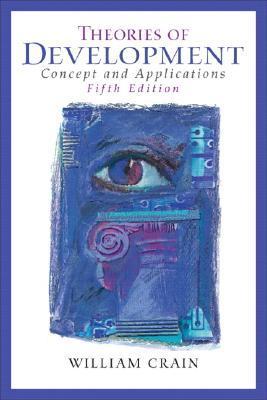What do you think?
Rate this book


429 pages, Paperback
First published August 1, 2004
هیجانهای ابراز نشده هرگز نمیمیرند.
آنها زنده به گور شدهاند، و روزی به شیوهای ناخوشایندتر بازخواهند گشت.
- زیگموند فروید
روزی فروید از یک روانپزشک پرسید که آیا او واقعا میتواند کسی را درمان کند. پاسخ روانپزشک این بود: به هیچوجه. اما من میتوانم مانند یک باغبان موانعی که در سر راه رشد فرد هستند را از میان بردارم و سنگها و علفهای هرز را پاک کنم.
فروید گفت که آنها یکدیگر را خوب درک میکنند.